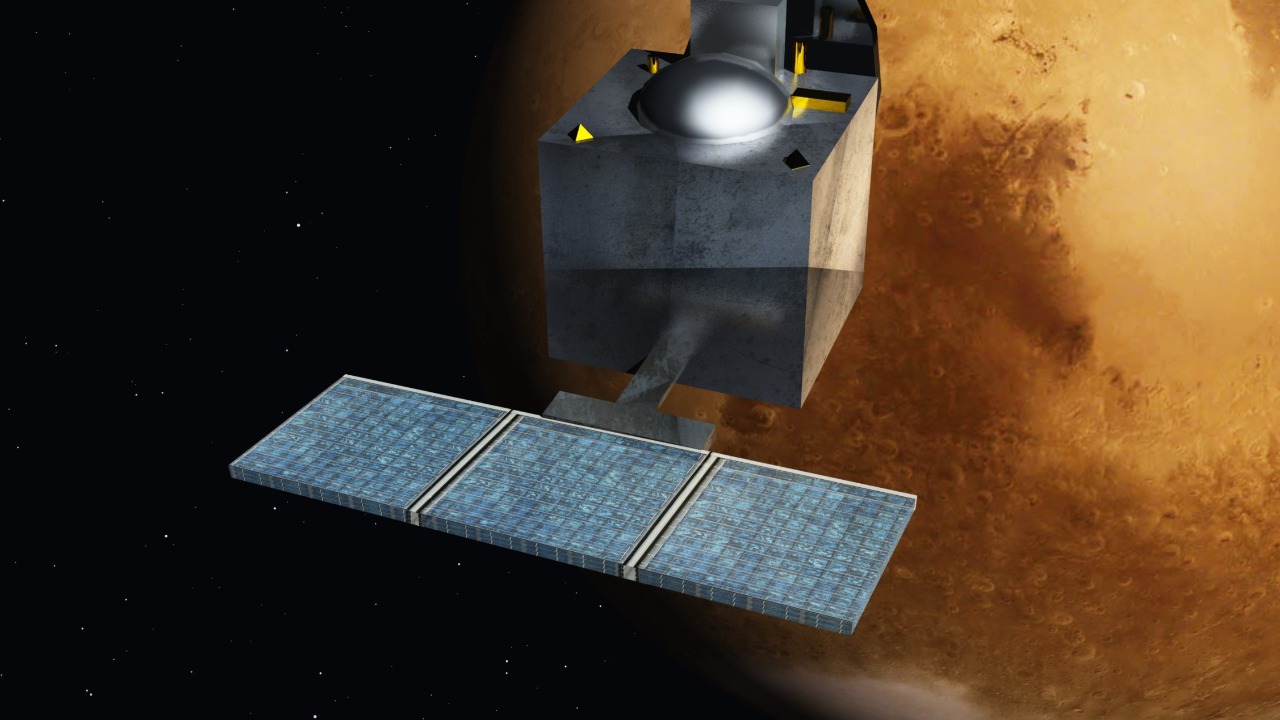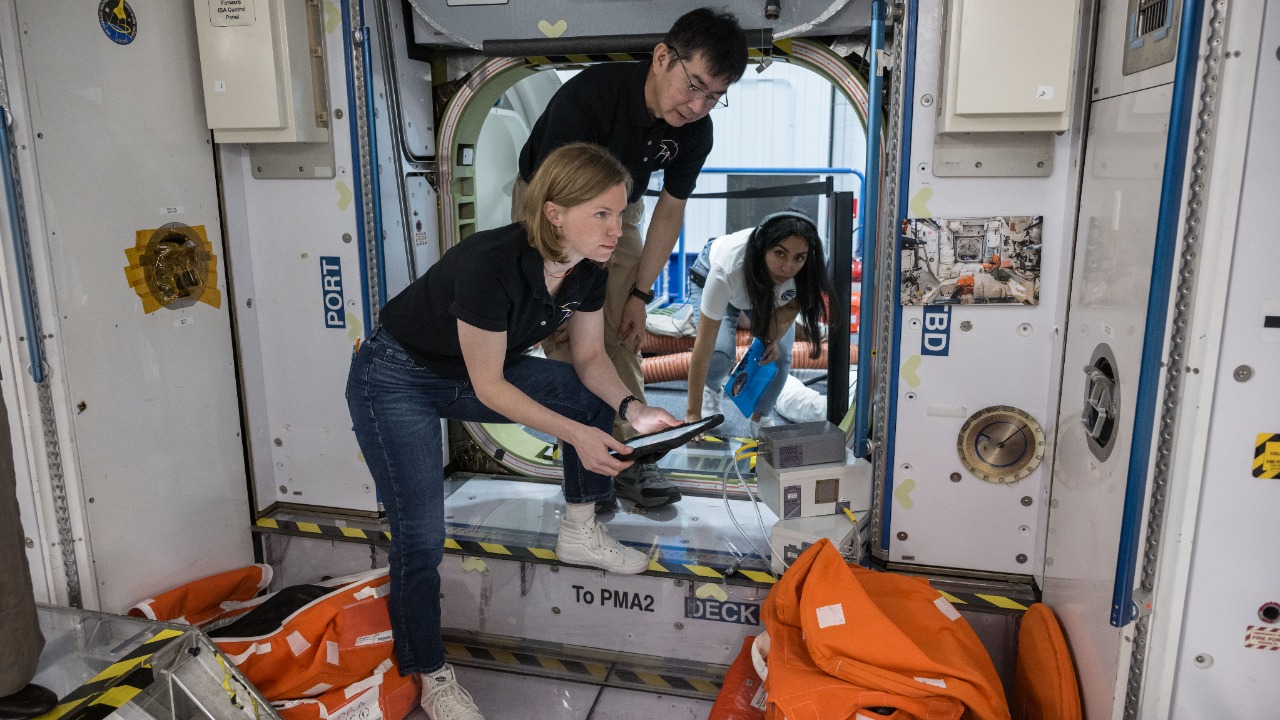
As the race to Mars intensifies, several countries are making significant strides in planning bases on the Red Planet. With advances in technology and international collaborations, space agencies worldwide are setting their sights on establishing a human presence on Mars. Here, I explore the ambitions of seven countries leading this interplanetary quest.
United States

The United States remains a frontrunner in Mars exploration, largely driven by NASA’s ambitious plans. The Artemis Accords outline the country’s vision for international collaboration on lunar and Martian exploration. NASA’s Mars Base Camp project, proposed by Lockheed Martin, aims to establish a sustainable human presence on Mars.
This Mars Base Camp would serve as a staging post for astronauts to conduct scientific research and exploration missions.
China

China has rapidly emerged as a major player in the space race, with Mars being a key target for their ambitions. The China National Space Administration (CNSA) successfully landed the Tianwen-1 rover on Mars in 2021, marking a significant milestone. Future plans include deploying a permanent base on Mars as part of their larger goal of becoming a leading space power.
China’s Mars base plans involve both robotic and human missions to establish a sustainable outpost.
Russia

Russia, with its rich history in space exploration, is also eyeing a Martian base. The Russian space agency, Roscosmos, has announced plans for a Mars program that includes sending cosmonauts to the Red Planet.
They aim to collaborate internationally to develop the technology needed for long-term habitation on Mars. Russia’s focus is on leveraging its experience in space station operations and deep space missions to establish a foothold on Mars.
United Arab Emirates

The United Arab Emirates (UAE) has shown a remarkable commitment to space exploration with its Mars ambitions. The UAE’s Hope Probe successfully entered Martian orbit in 2021, and future plans include establishing a human settlement on Mars by 2117.
Dubbed the Mars Base Alpha, this ambitious project aims to advance the UAE’s technological capabilities and inspire future generations to pursue careers in science and technology.
European Union

The European Union, through the European Space Agency (ESA), is actively pursuing plans to explore Mars further. The ESA’s ExoMars program involves a series of missions designed to search for signs of past life and prepare for future human exploration.
Collaborative efforts with other space agencies aim to establish a base on Mars, leveraging European technological expertise and scientific research capabilities to support long-term exploration missions.
India

India’s space agency, the Indian Space Research Organisation (ISRO), has achieved significant milestones in space exploration with missions like Mangalyaan. The country is now setting its sights on Mars with plans to establish a base in the future.
ISRO’s focus is on developing the necessary technology and infrastructure to support human missions, building on the success of its previous Mars Orbiter Mission.
Japan

Japan, through its space agency JAXA, is also planning a Mars base as part of its long-term vision for space exploration. The country’s efforts include robotic missions to gather data and develop technologies for human exploration.
Japan aims to collaborate with international partners to achieve its Mars ambitions, focusing on sustainable and scientifically valuable missions. The country is committed to contributing to the global effort of exploring and potentially colonizing Mars.